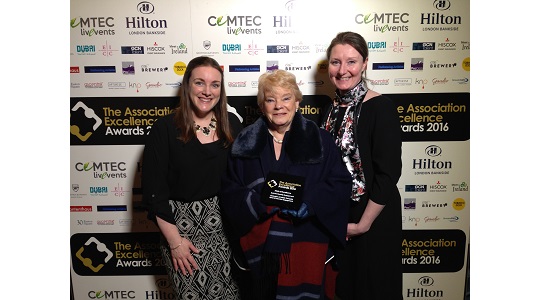New edition of Little Book of Cruelty Free out now
Best of the web
- Casinos Not On Gamstop
- Non Gamstop Casino
- Non Gamstop Casinos
- Casino Sites Not On Gamstop
- New Betting Sites
- Non Gamstop Casino
- Non Gamstop Casino Sites UK
- Sites Not On Gamstop
- Non Gamstop Casino UK
- Casinos Not On Gamstop
- Casino Not On Gamstop
- Casino Not On Gamstop
- Non Gamstop Casino Sites UK
- Non Gamstop Casino Sites UK
- Non Gamstop Casinos UK
- Casino Sites Not On Gamstop
- Slots Not On Gamstop
- UK Betting Sites
- UK Casino Not On Gamstop
- Non Gamstop Casino UK
- Casinos Not On Gamstop

